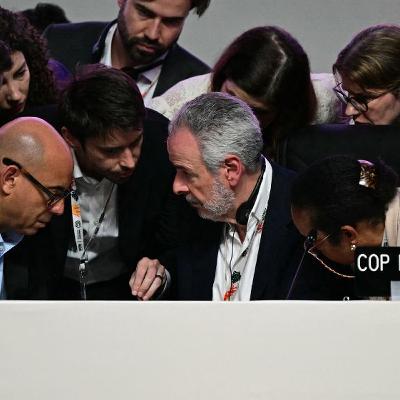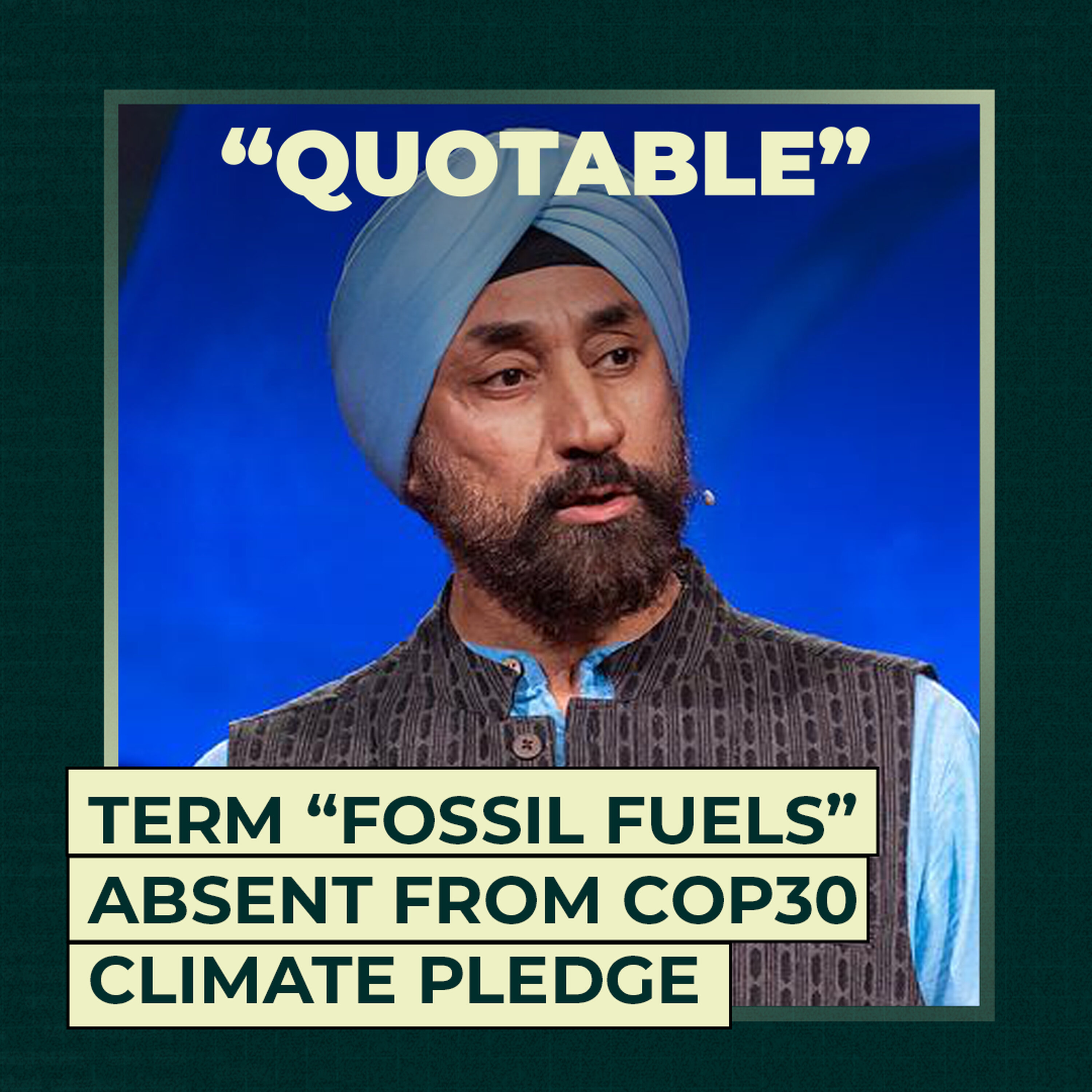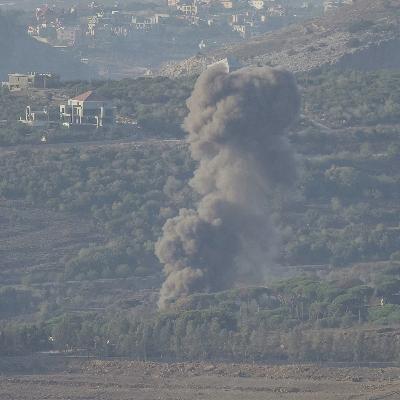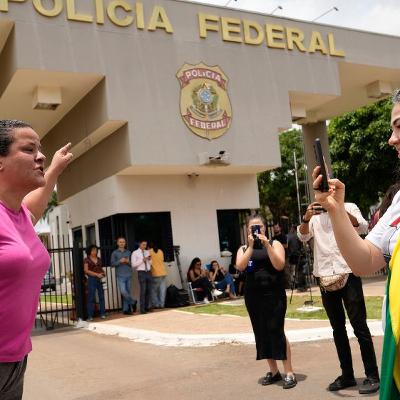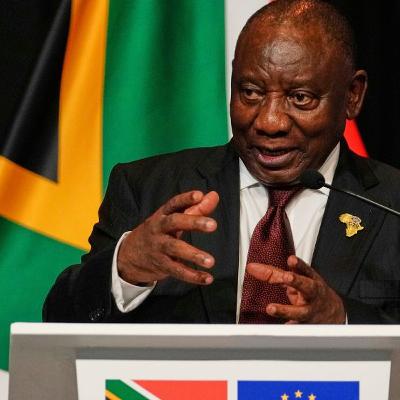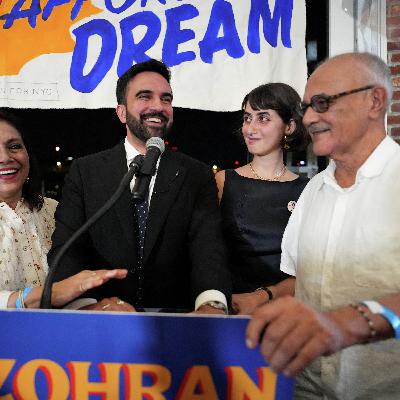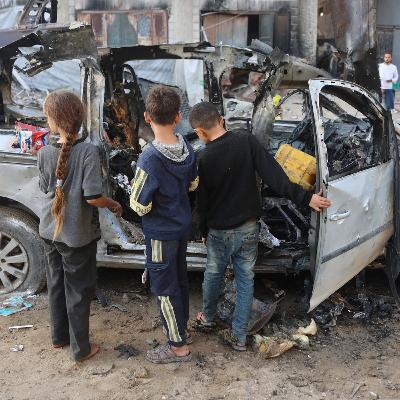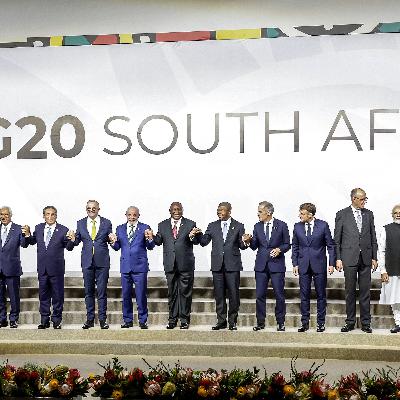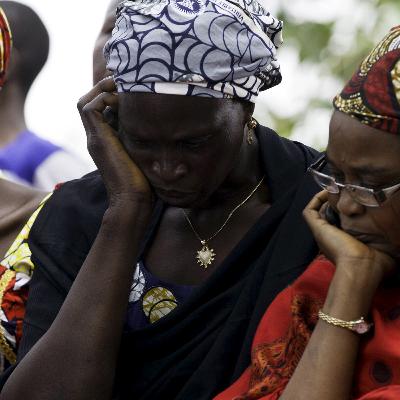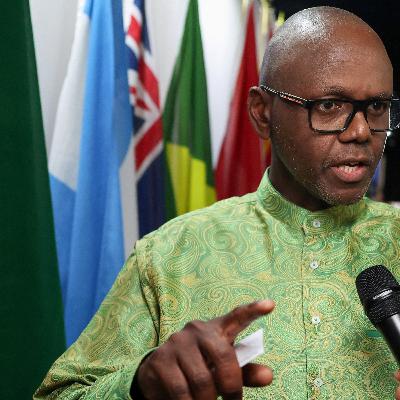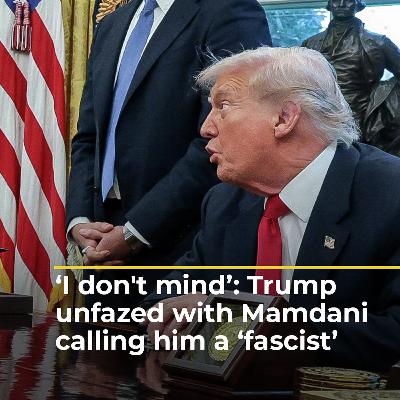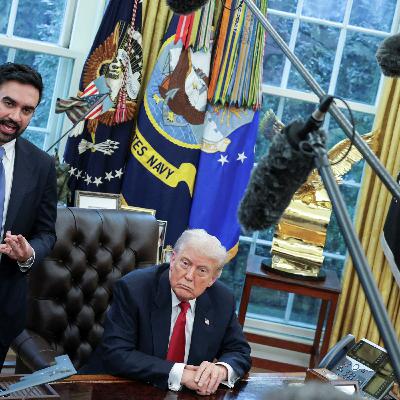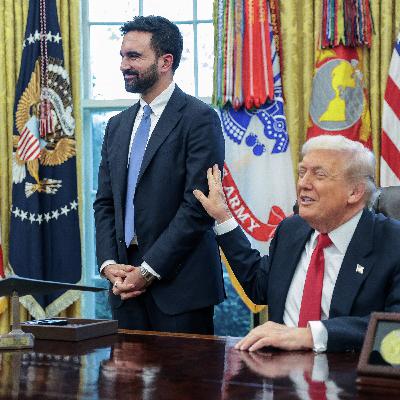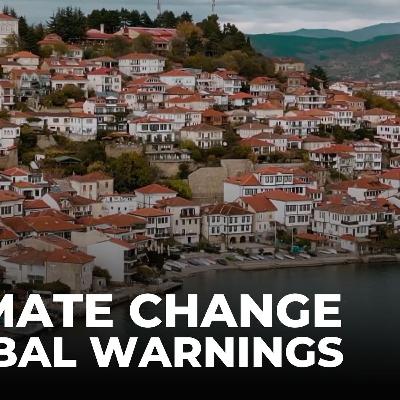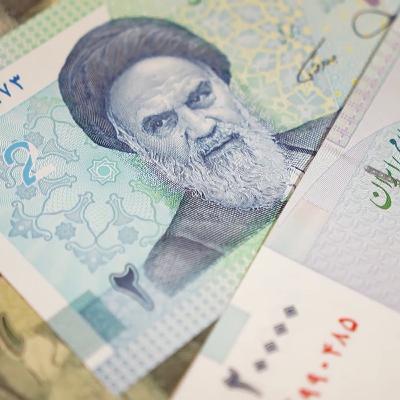COP30 wraps with diluted agreement after oil-rich nations weaken wording
Update: 2025-11-23
Description
The annual United Nations climate conference has ended with an agreement that urges action to address global warming, but falls short of endorsing a phase-out of fossil fuels. After two weeks of heated debates, meetings and negotiations at the COP30 summit in the Brazilian city of Belem, world leaders on Saturday agreed to a deal that calls for countries to “significantly accelerate and scale up climate action worldwide”. The text lays out a series of promises and measures – including a call for developed countries to triple their funding to help poorer nations respond to the crisis – but makes no mention of a fossil fuel phase-out. Dozens of states had been calling forthe COP30 deal to lay out a framework to ease away from their reliance on oil, gas and coal – the major drivers of the climate crisis – but several countries that rely on fossil fuels had pushed back. While observers say the deal marks a step forward in the world’s effort to address climate breakdown, several have argued that COP30 fell short of expectations. Al Jazeera’s Behdad Mahichi reports. Harjeet Singh is a climate activist and the founding director of Satat Sampada Climate Foundation. He explains why transitioning away from fossil fuels is proving so difficult. Subscribe to our channel: http://bit.ly/AJSubscribe Follow us on X: https://twitter.com/AJEnglish Find us on Facebook: https://www.facebook.com/aljazeera Check our website: http://www.aljazeera.com/ Check out our Instagram page: https://www.instagram.com/aljazeeraenglish/ Download AJE Mobile App: https://aje.io/AJEMobile #Brazil #COP30 #ClimateChange #ClimateCrisis #FossilFuels #UnitedNationsClimateConference #AmazonDeforestation #ClimateAction #GlobalWarming #NetZero #UNClimateSummit #2035ClimateTarget #FossilFuels #EnvironmentalPolicy
Comments
In Channel

